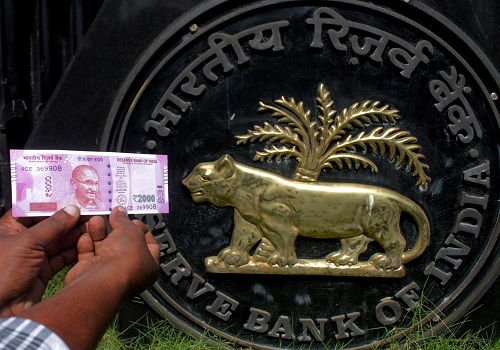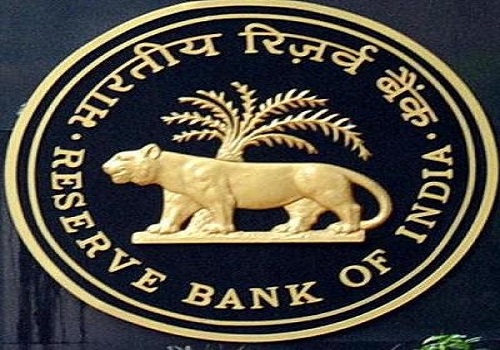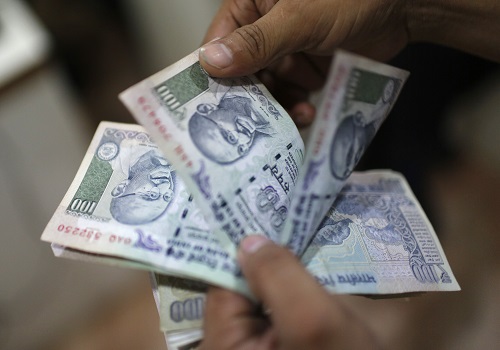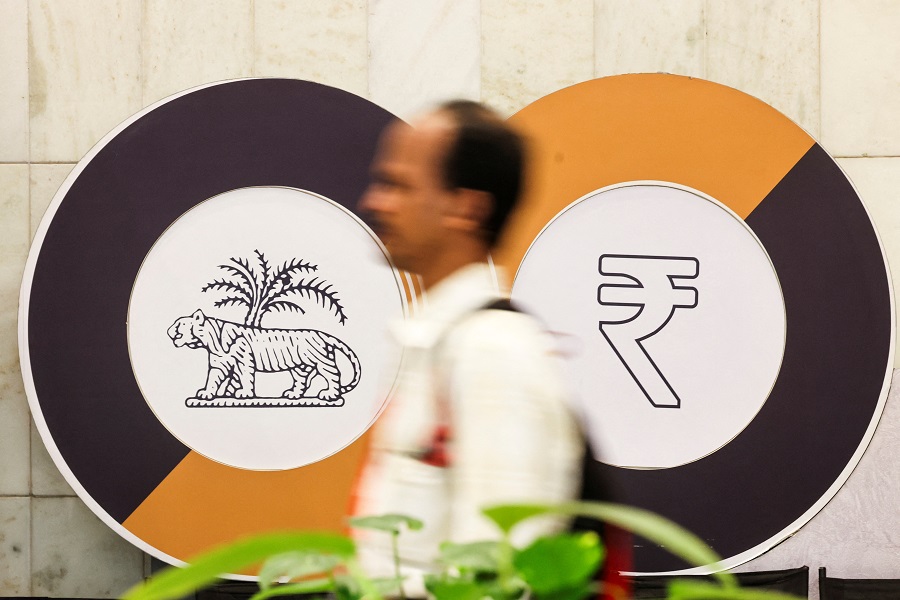Indian rupee`s plunging volatility spurs surge in trading on major crosses

The Indian rupee's muted volatility is prompting banks and corporate treasuries to dabble more in the euro/dollar, pound/dollar and the dollar/yen currency pairs in search for returns.
The dollar/rupee has been held in a narrow range over several months, largely thanks to the Reserve Bank of India's (RBI) intervention on both sides. The rupee's volatility has plummeted to the lowest in more than a decade, with its trading range last year the narrowest since 2002.
It is "nearly impossible" right now to "make money out of" USD/INR and that is fuelling more interest in crosses, a treasury official at a state-run bank said. The official is not authorized to speak to the media and did not want to be identified.
The volume of crosses of banks has jumped nearly 50% year-on-year, according to data collated from the RBI's Database on Indian Economy. Turnover of spot crosses, transactions which are settled in two business days, was $1.37 trillion between Jan. 1 and Nov. 24, compared with $920 billion in the same period in 2022.
Data after Nov. 24 has not been published.
The RBI does not provide the currency pair-wise breakup of the volumes. The volumes on euro/dollar pair are the largest followed by the pound/dollar and the dollar/yen, according to bankers.
The appeal of crosses, apart from their higher volatility, is that they respond to fundamentals and technicals, unlike the dollar/rupee which is "hard to analyse", the state-run bank official said.
For corporates, forward cancellation volumes on crosses are up 30% on-year, according to the RBI's database. Forward cancellation volumes are considered an indicator of the speculative activity of corporates. Last year, more than 80% of the crosses forward contracts were cancelled.
Forward cancellations are contracts which companies have not utilised or taken delivery of and that are cancelled before the maturity date.
The RBI does not allow companies to cancel contracts that are due before the spot date. In view of this, corporates speculate by booking foreign currency contracts beyond the spot date and then cancelling them.
"With nothing happening on USD/INR, we are adding value to our clients by making recommendations on crosses that tie up to their risk profile and to a certain extent to their hedging requirements," Kunal Kurani, associate vice president at FX risk advisory firm Mecklai Financial, said.






















